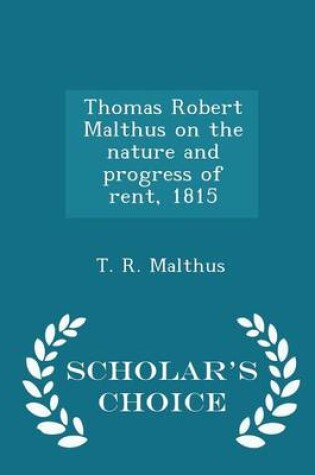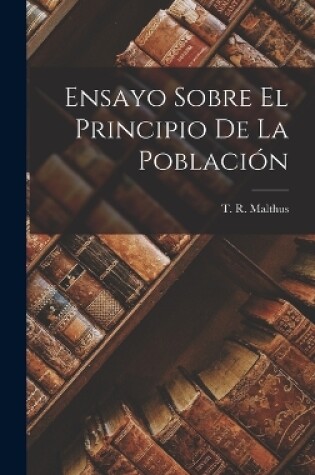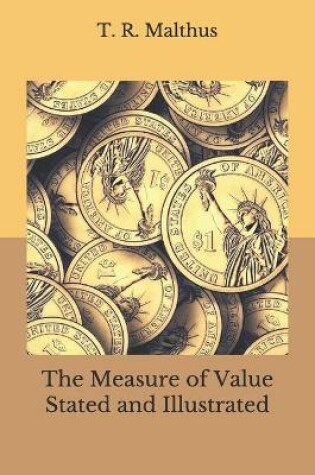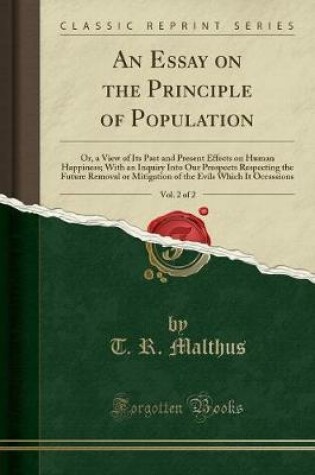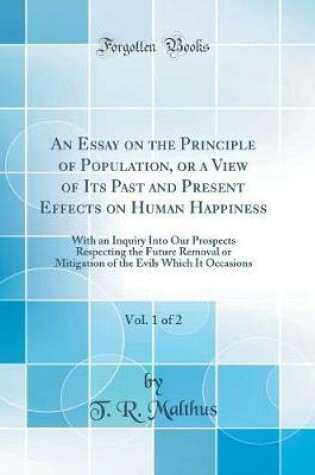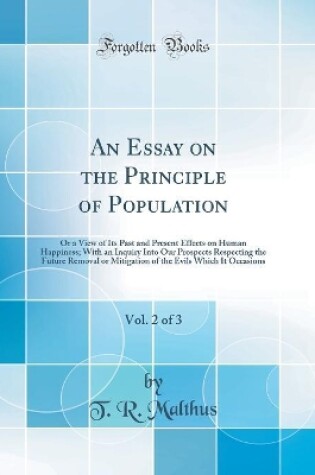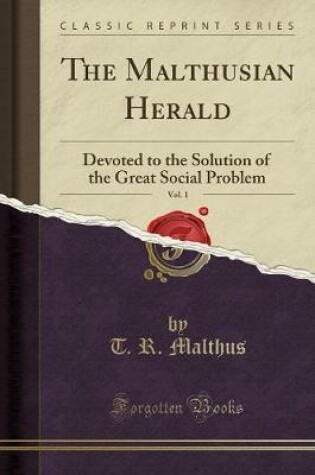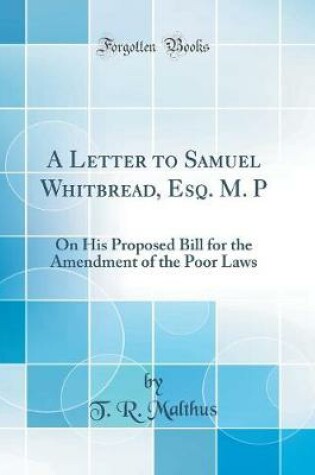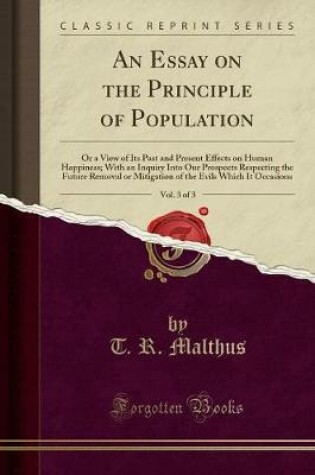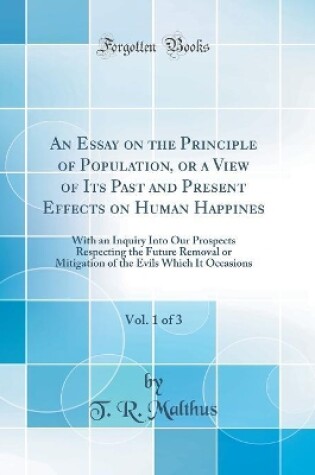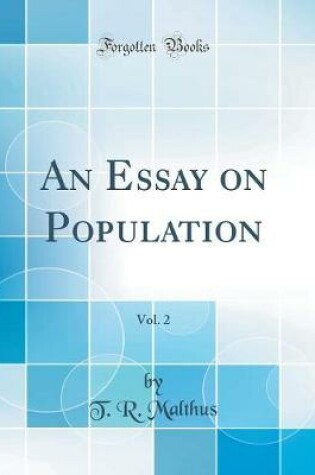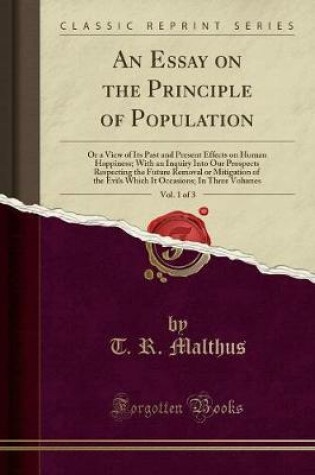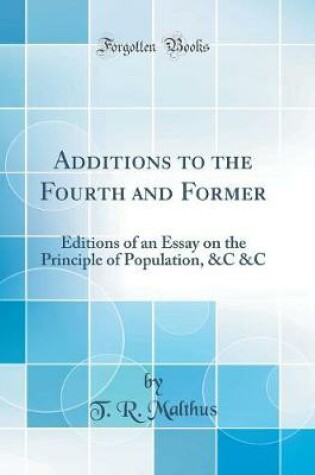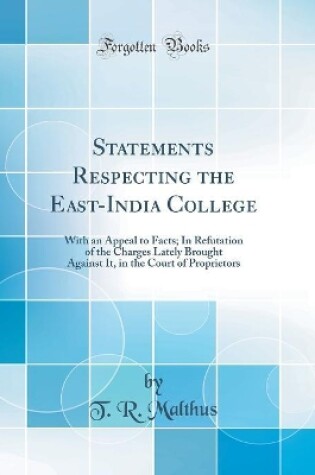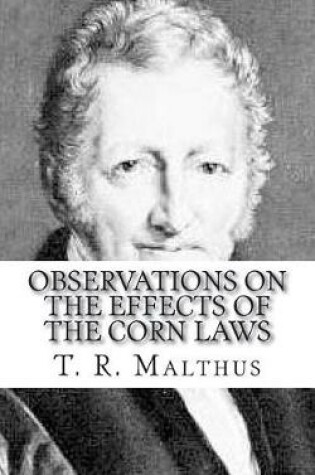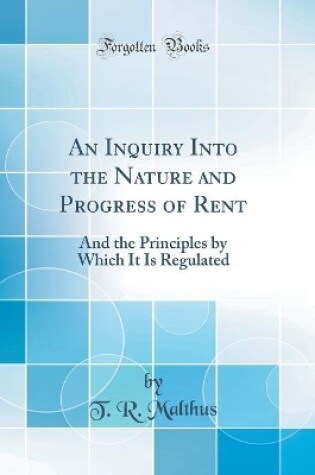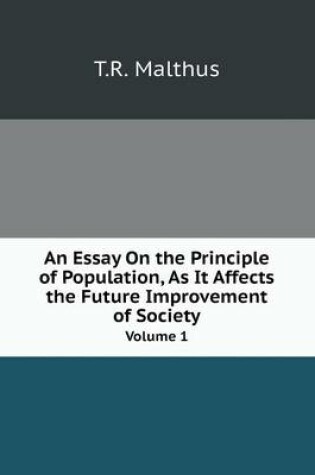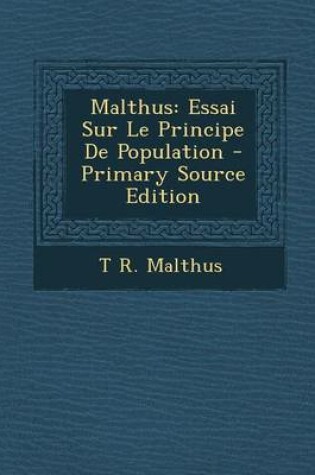Thomas Robert Malthus FRS was an English economist, priest, and academic who made significant contributions to political economy and demography. In his 1798 book An Essay on the Principle of people, Malthus observed that a rise in a country's food production improved the well-being of the people, but the advantage was only temporary because it led to population growth, which restored the original per capita output level. In other words, humanity had a proclivity to exploit wealth for population growth rather than for preserving a high level of living, a viewpoint known as the "Malthusian trap" or the "Malthusian spectre". Thomas Robert Malthus was the sixth of seven children born to Daniel Malthus and Henrietta Catherine, the daughter of Daniel Graham, pharmacist to kings George II and George III, and the granddaughter of Thomas Graham, apothecary to kings George I and II. Henrietta is featured alongside her siblings in William Hogarth's work The Graham Children (1742). Malthus was born at The Rookery, a "small elegant mansion" at Westcott, near Dorking in Surrey, which his father had bought-at the time called Chertgate Farm-and converted into "a gentleman's seat"; the family sold it in 1768 and moved to "a less extensive establishment at Albury, not far from Guildford".
